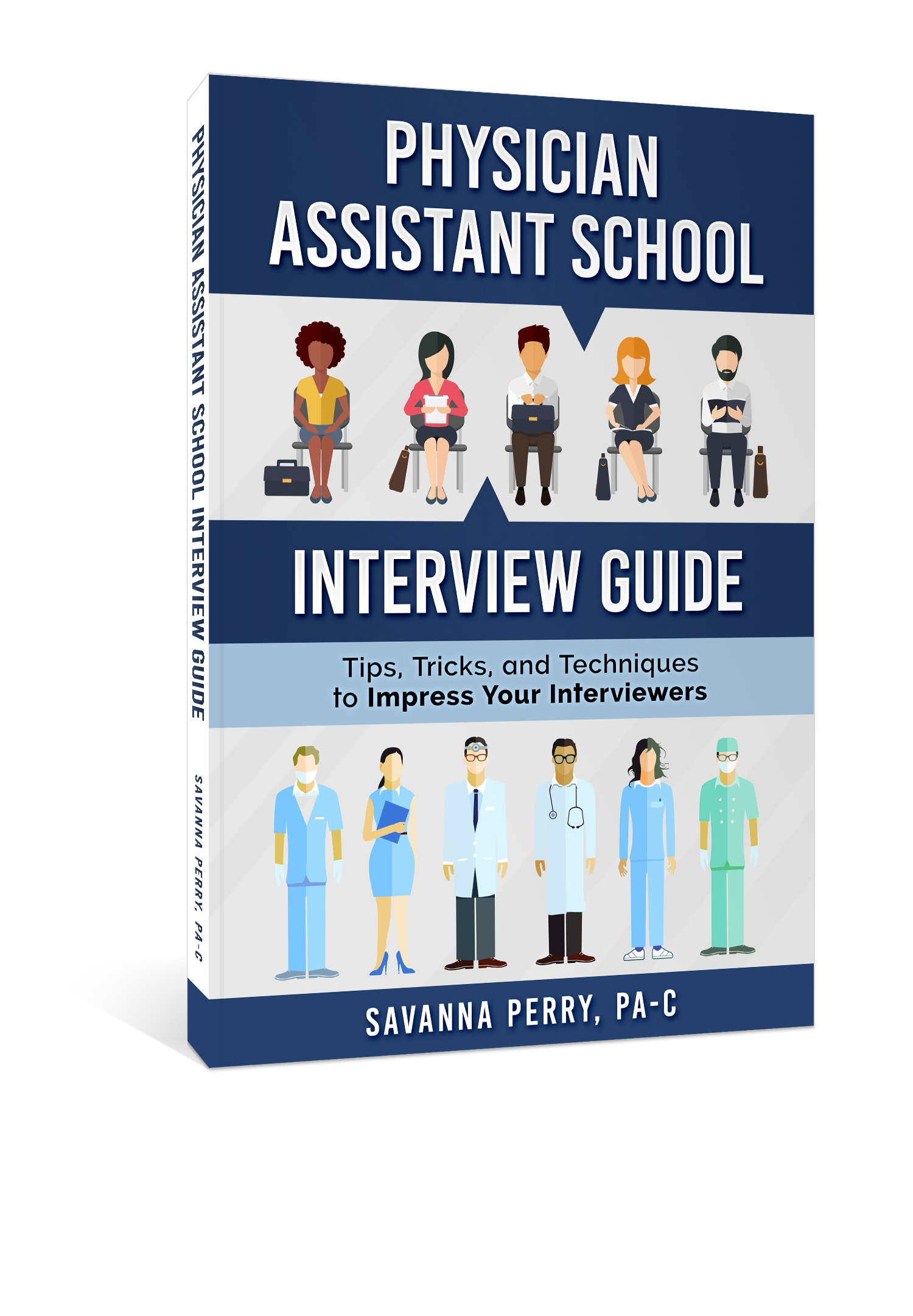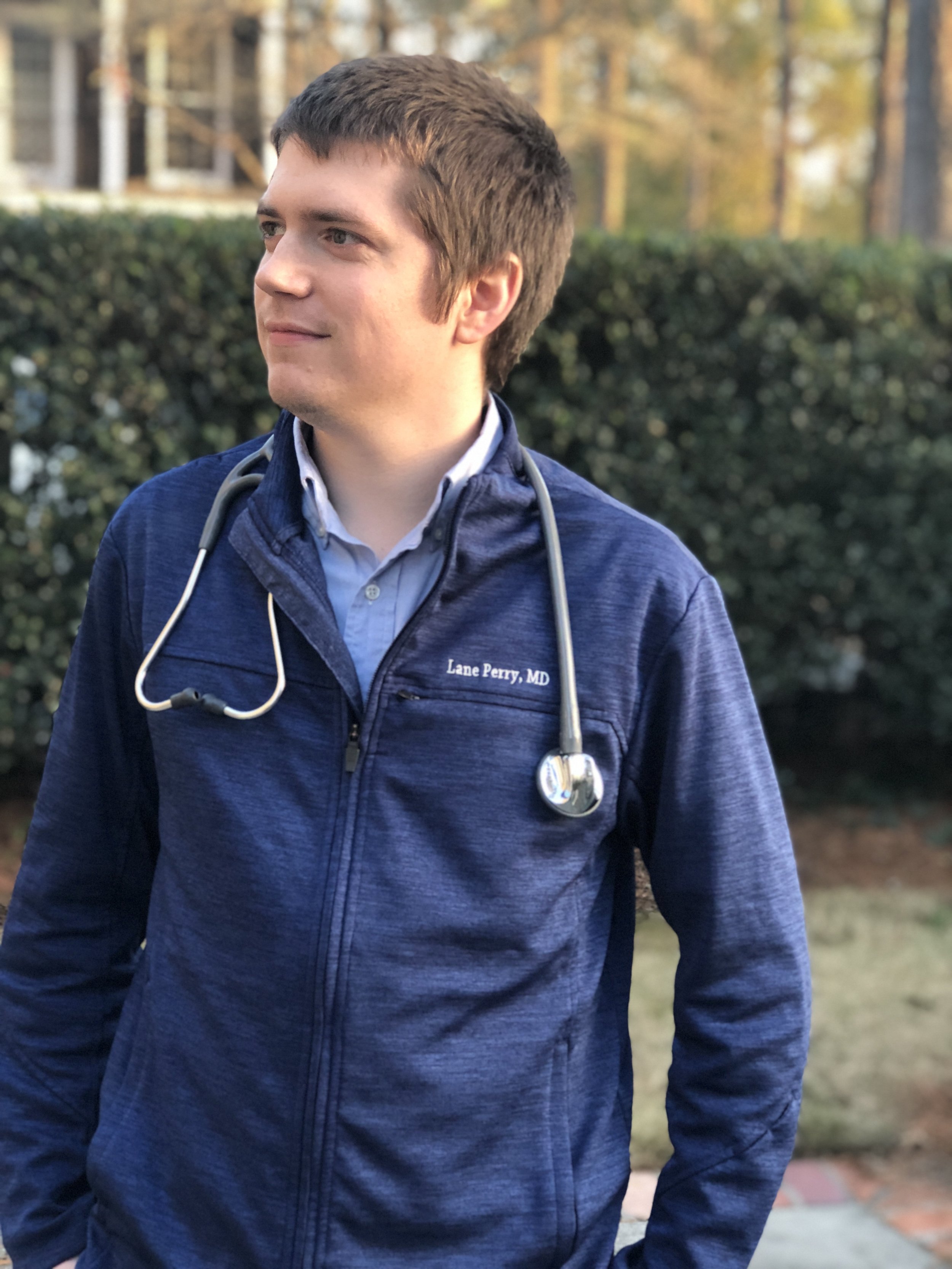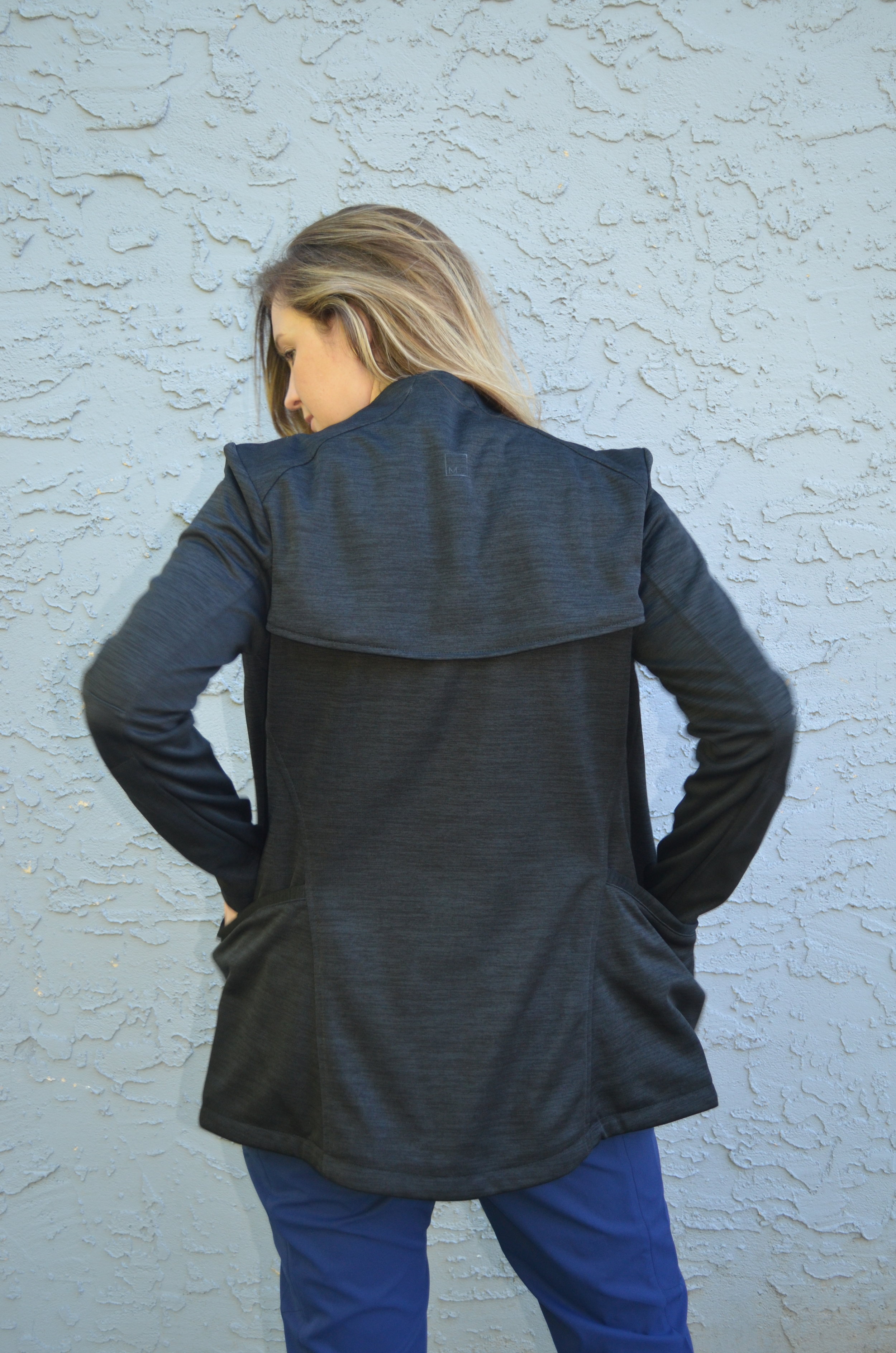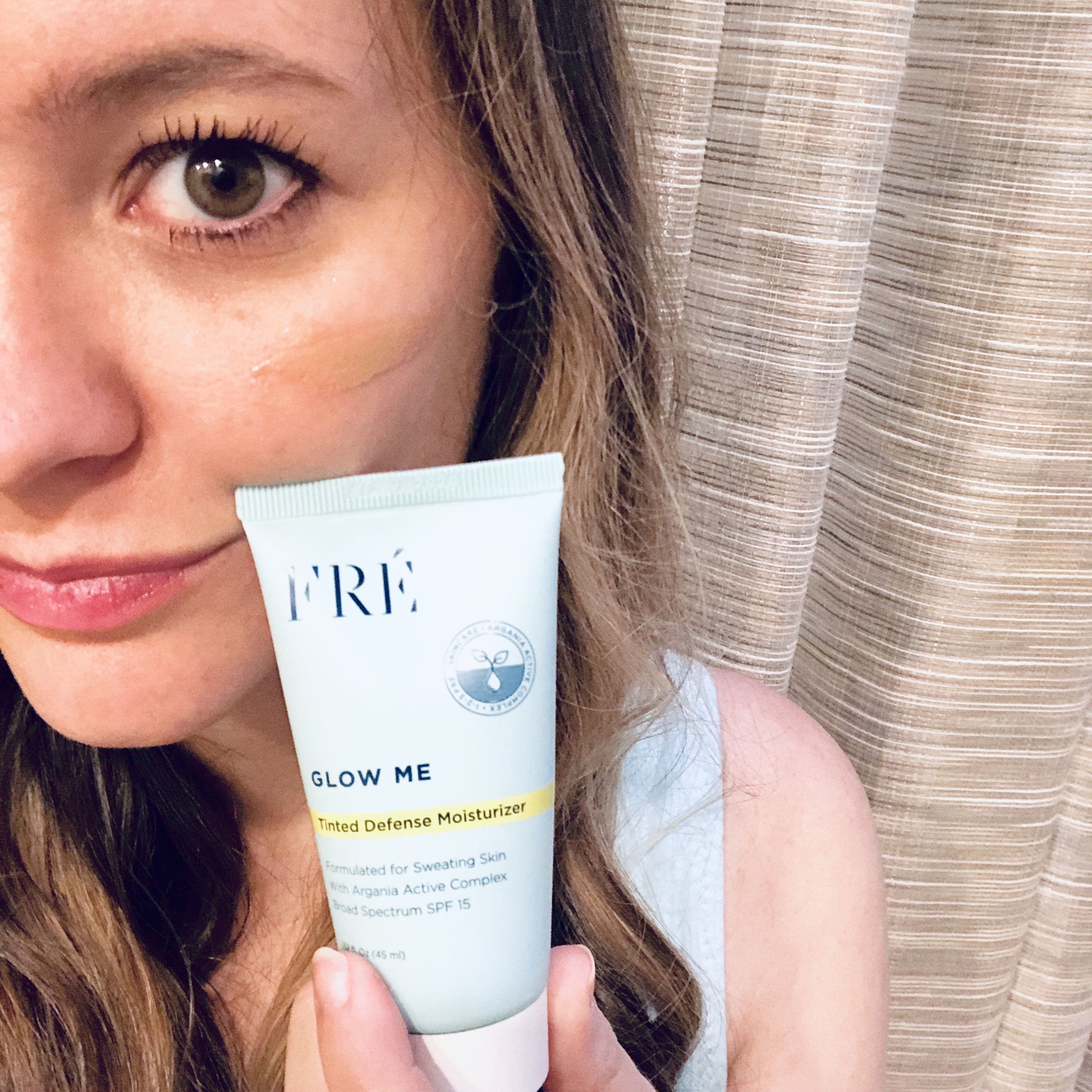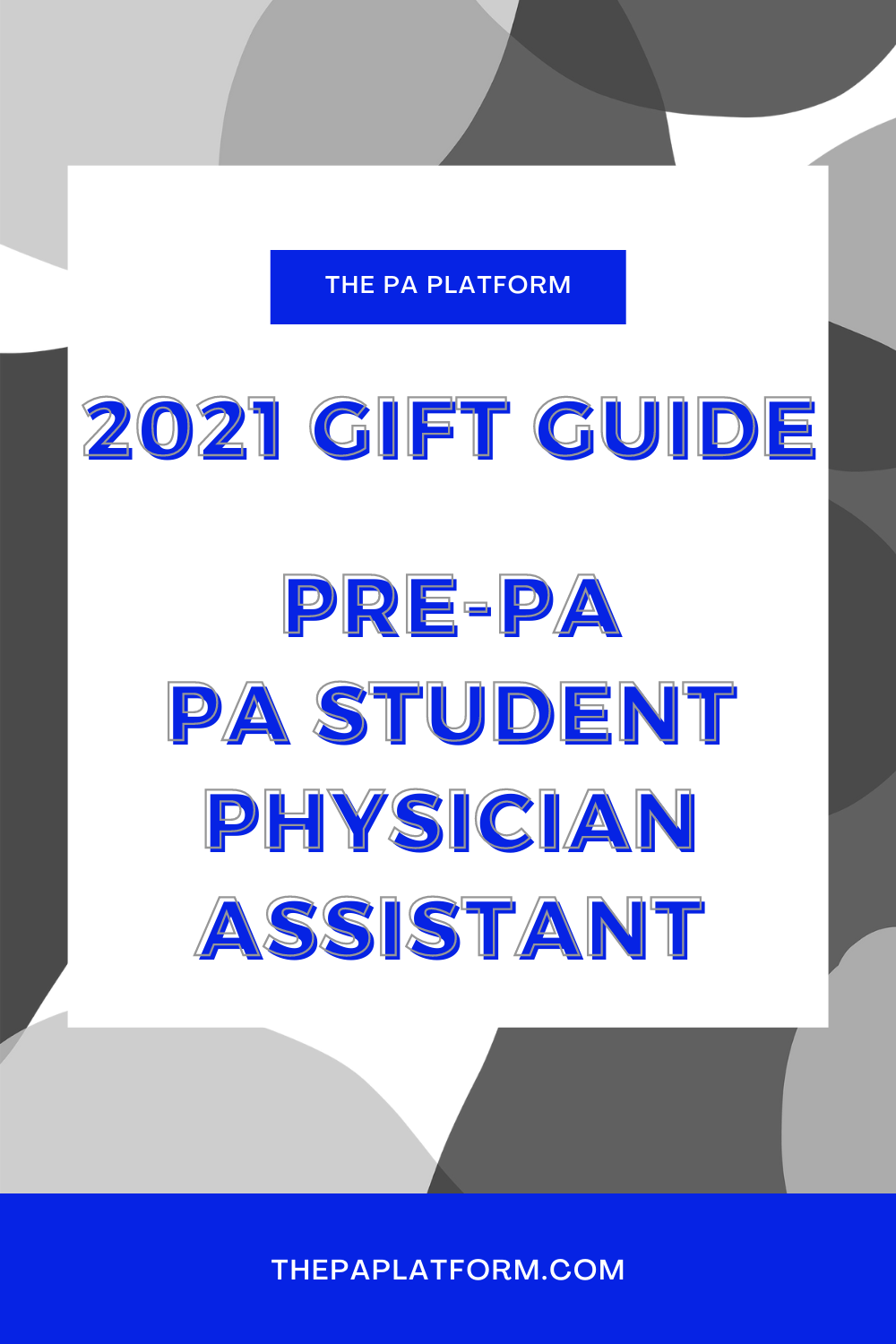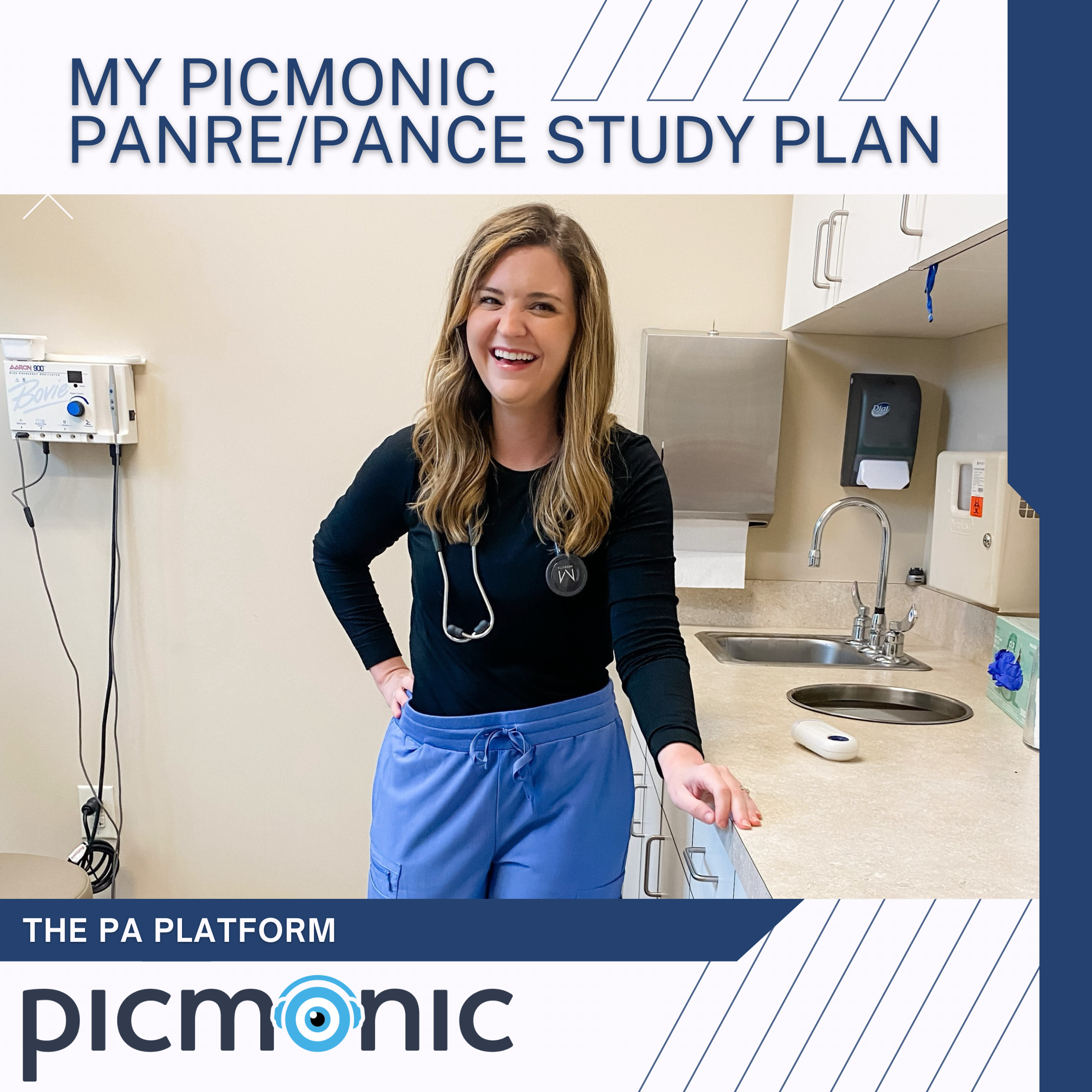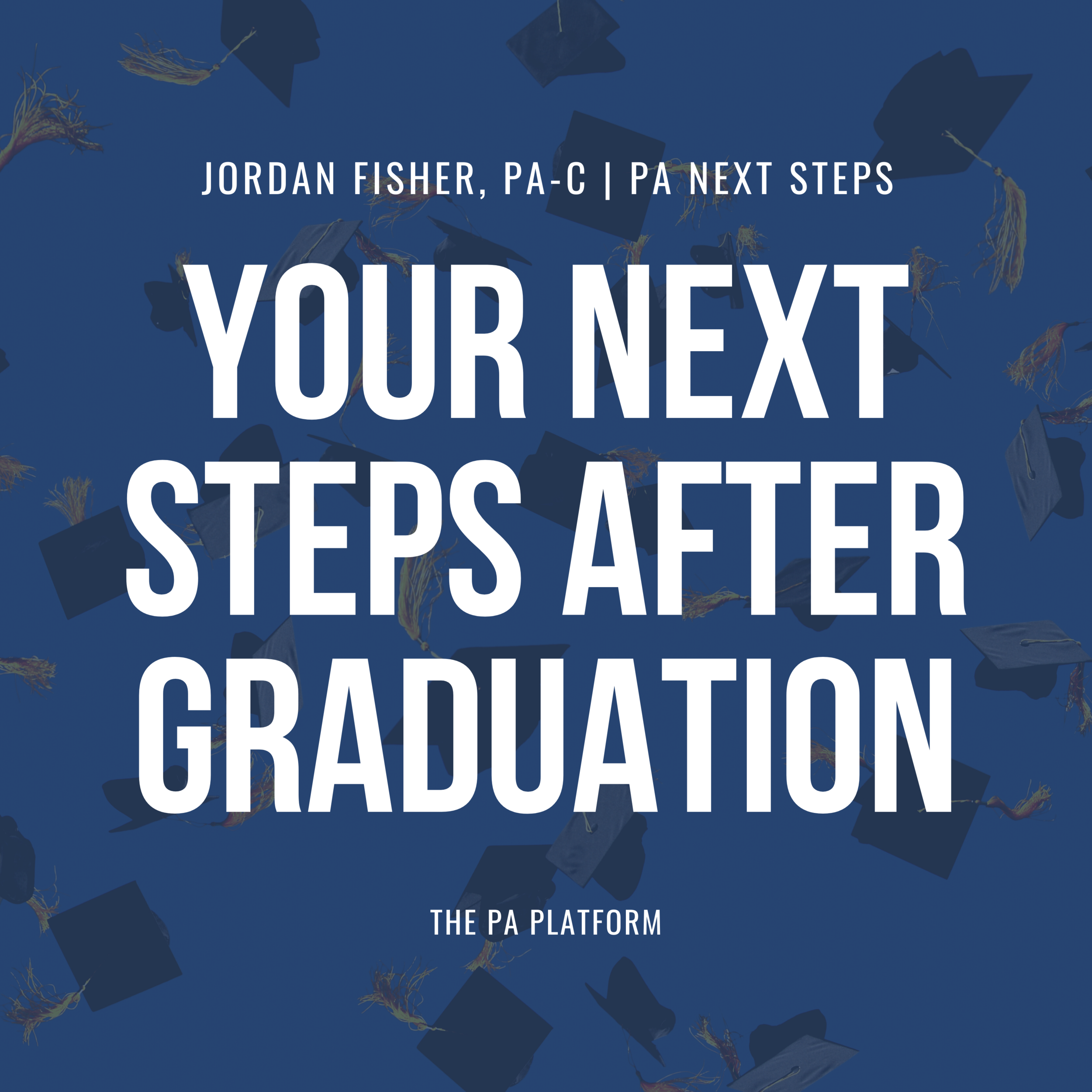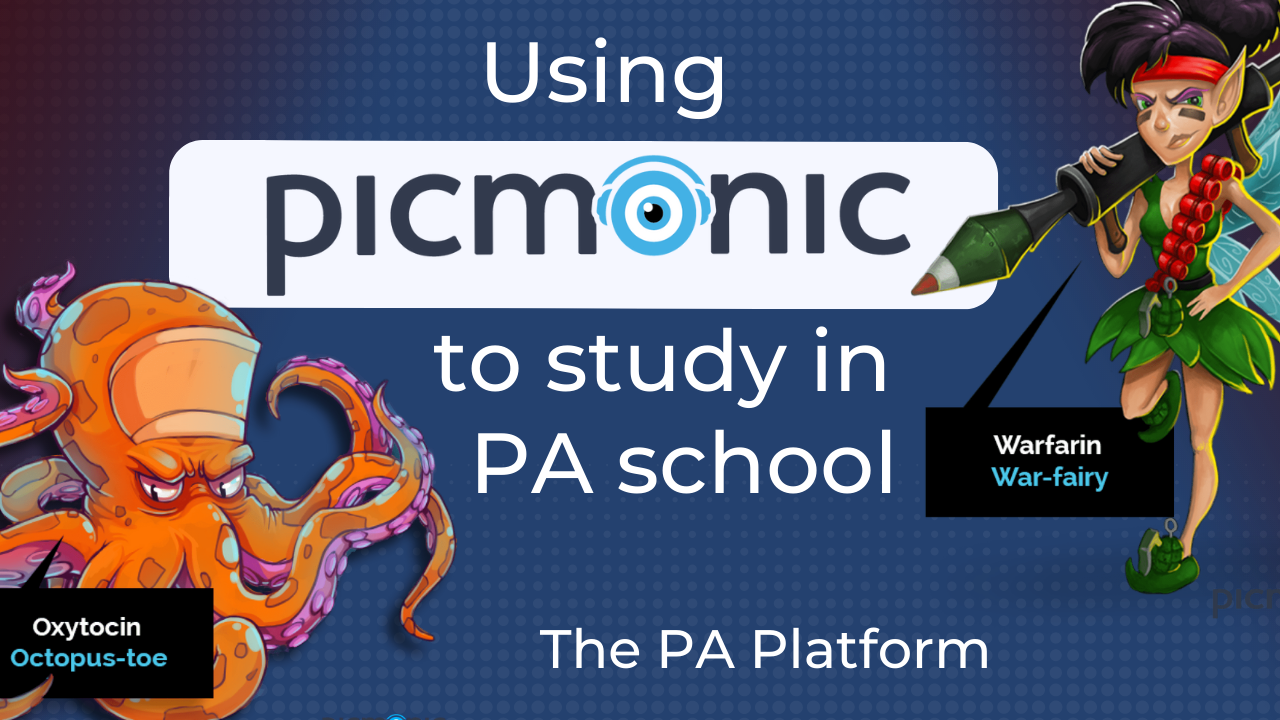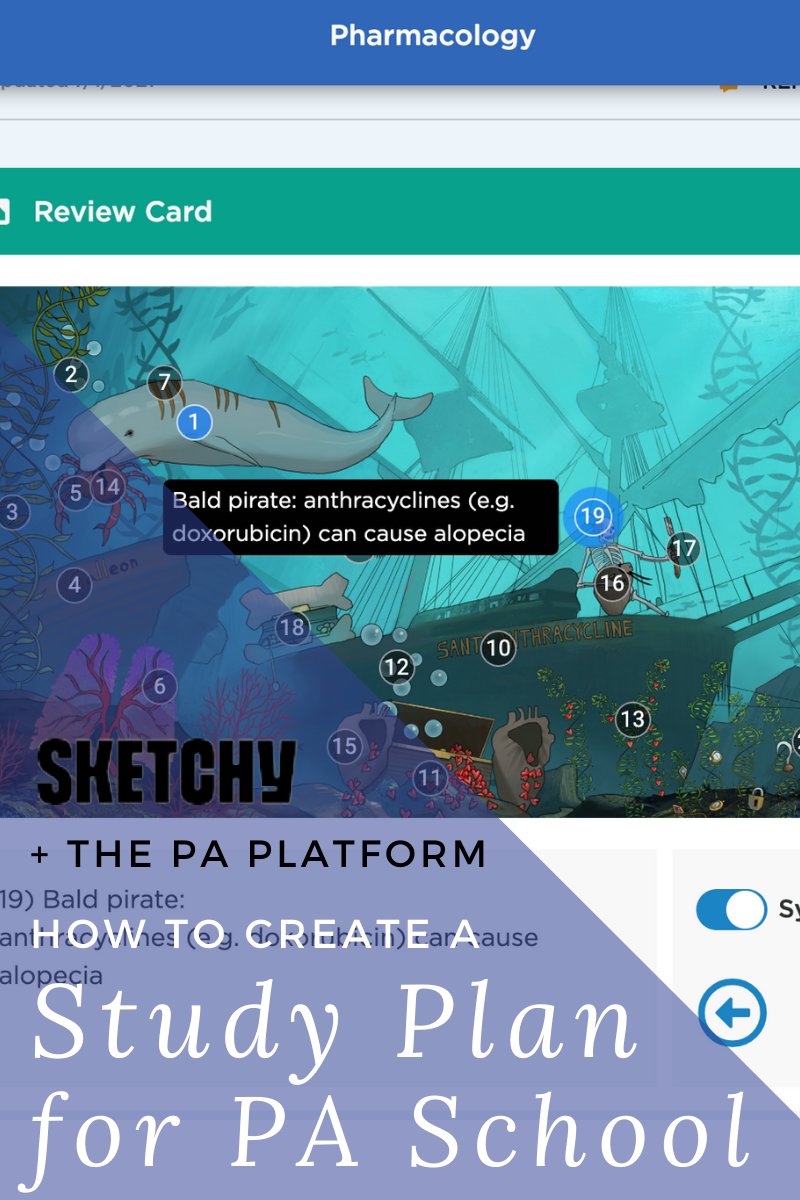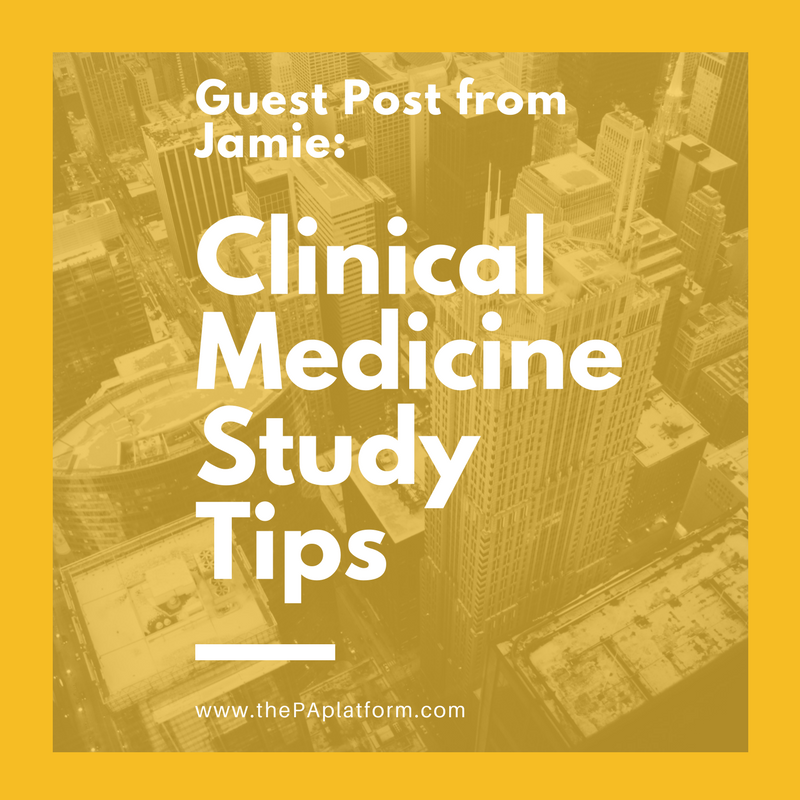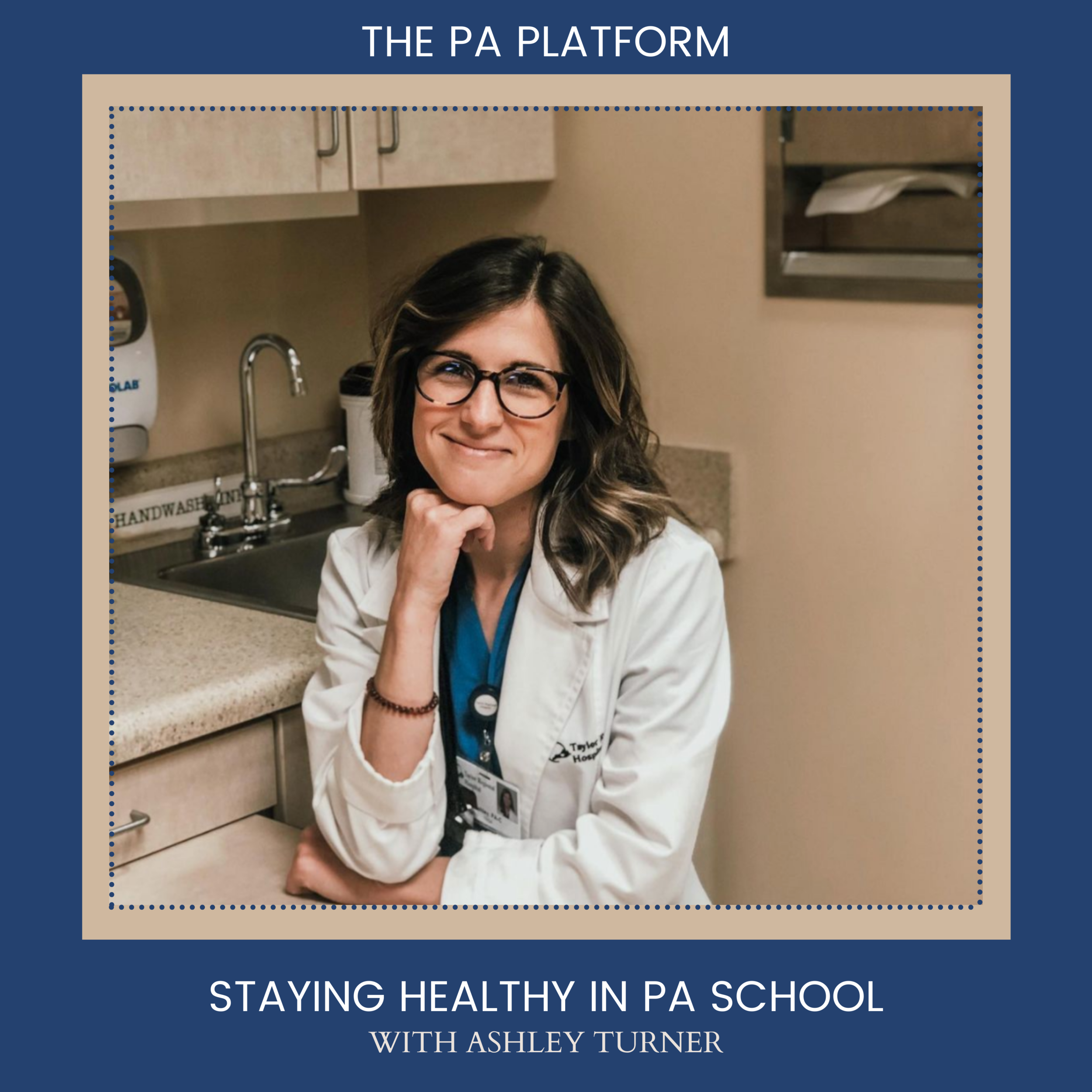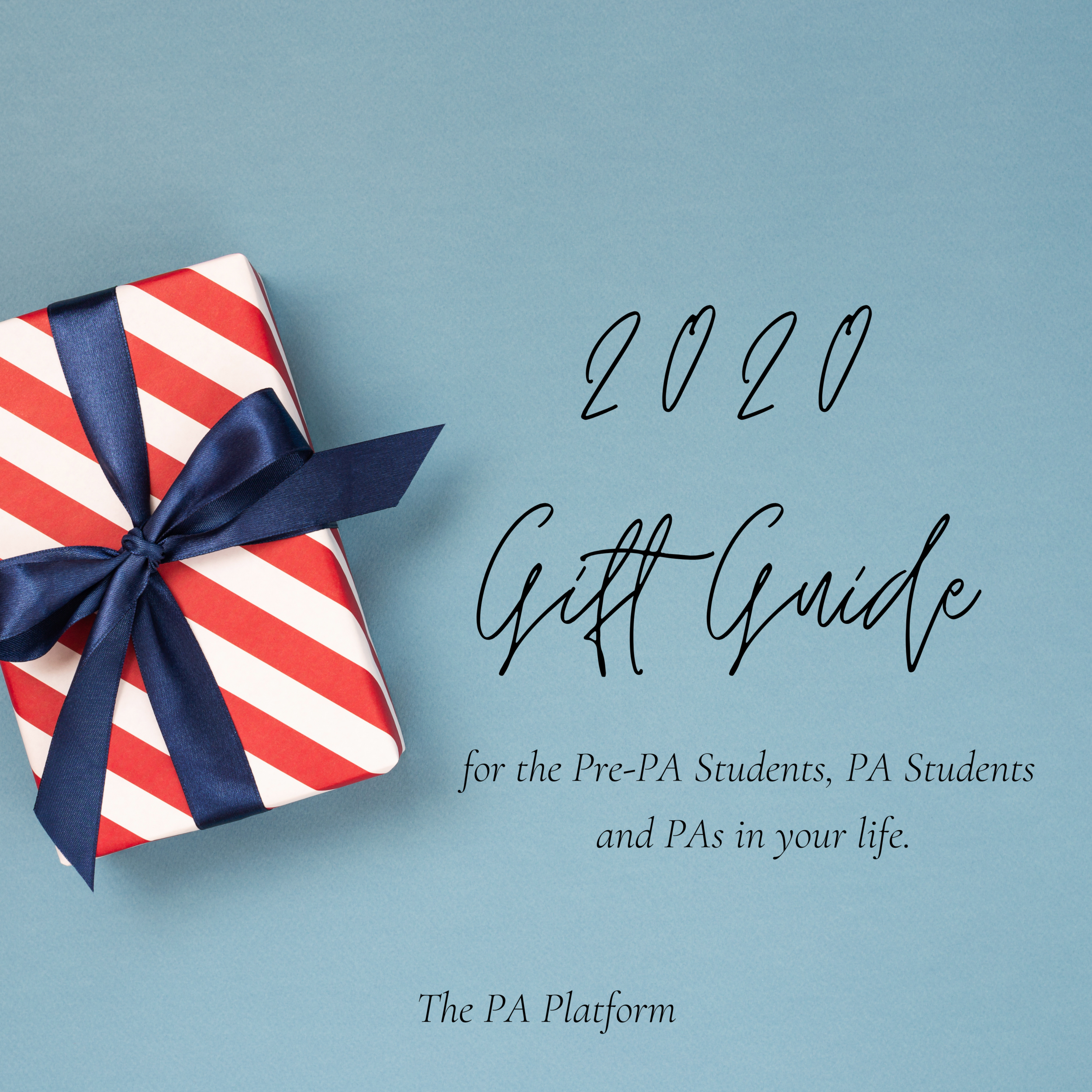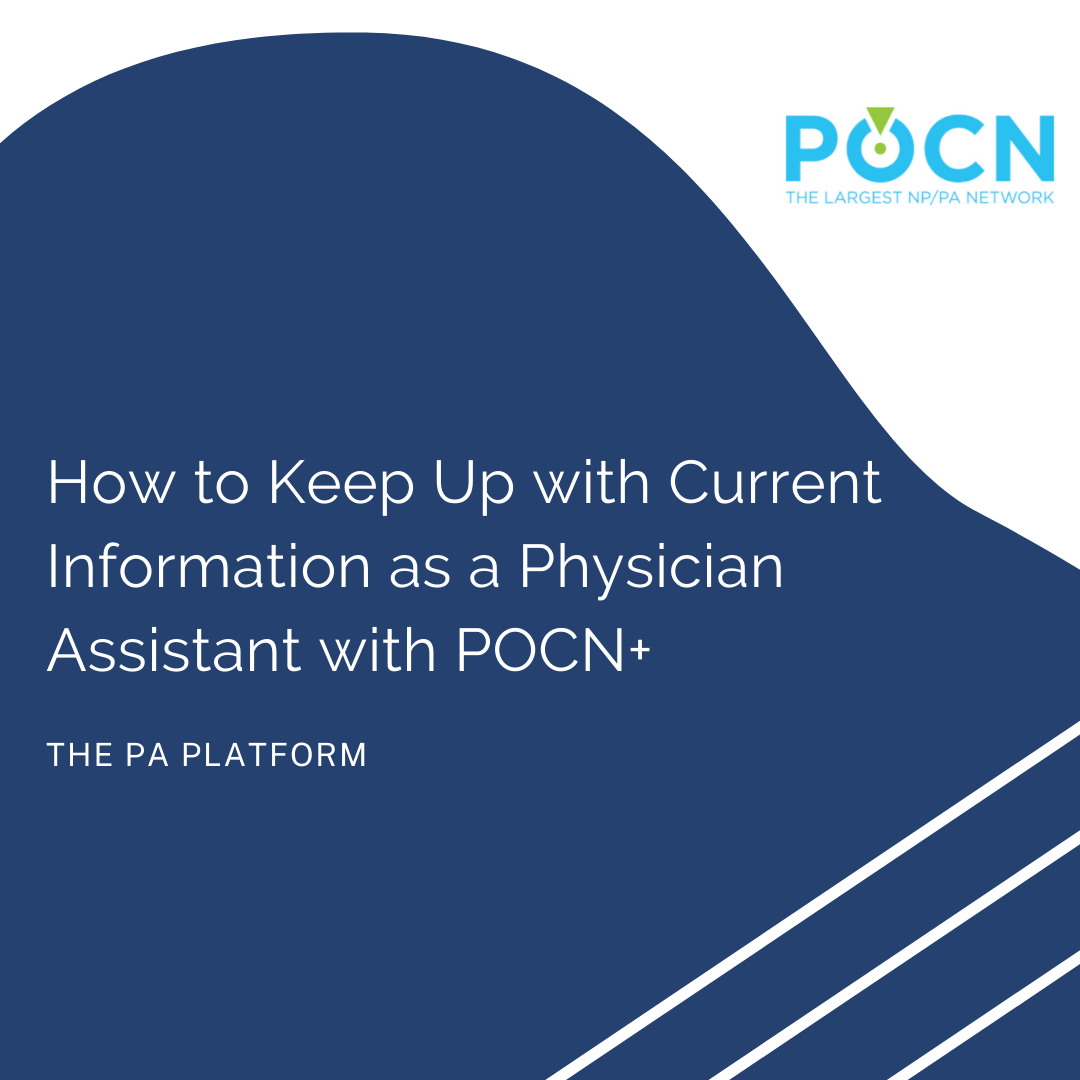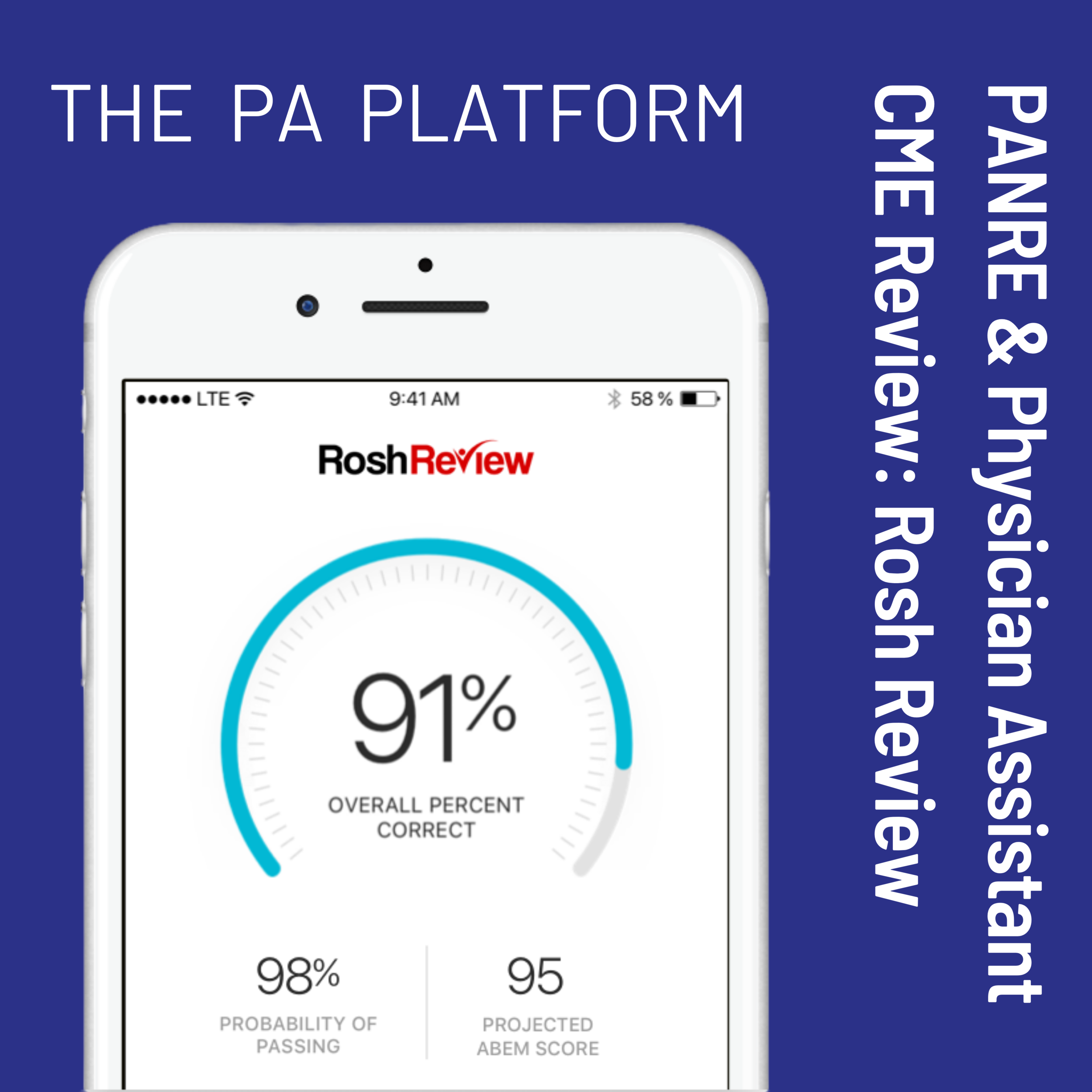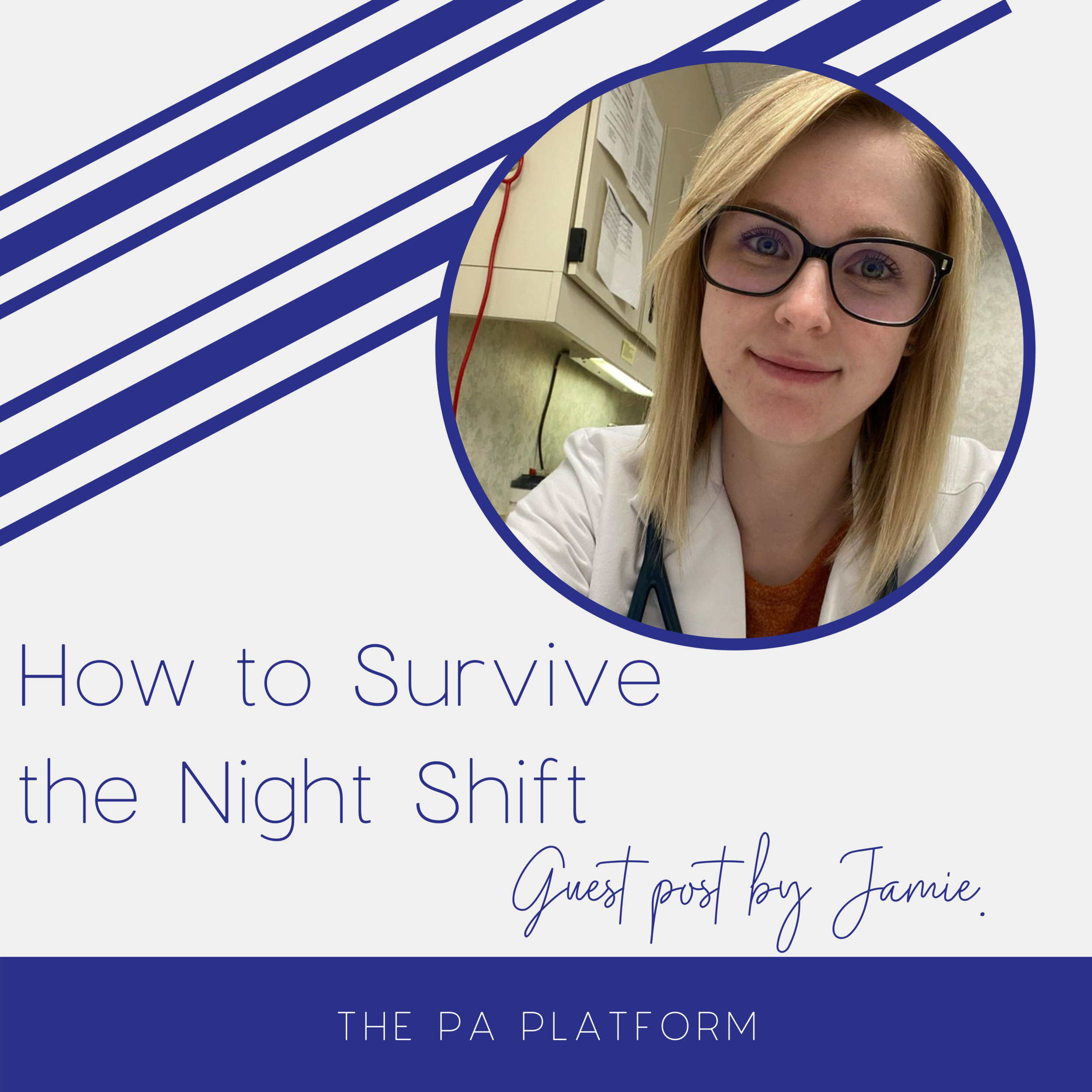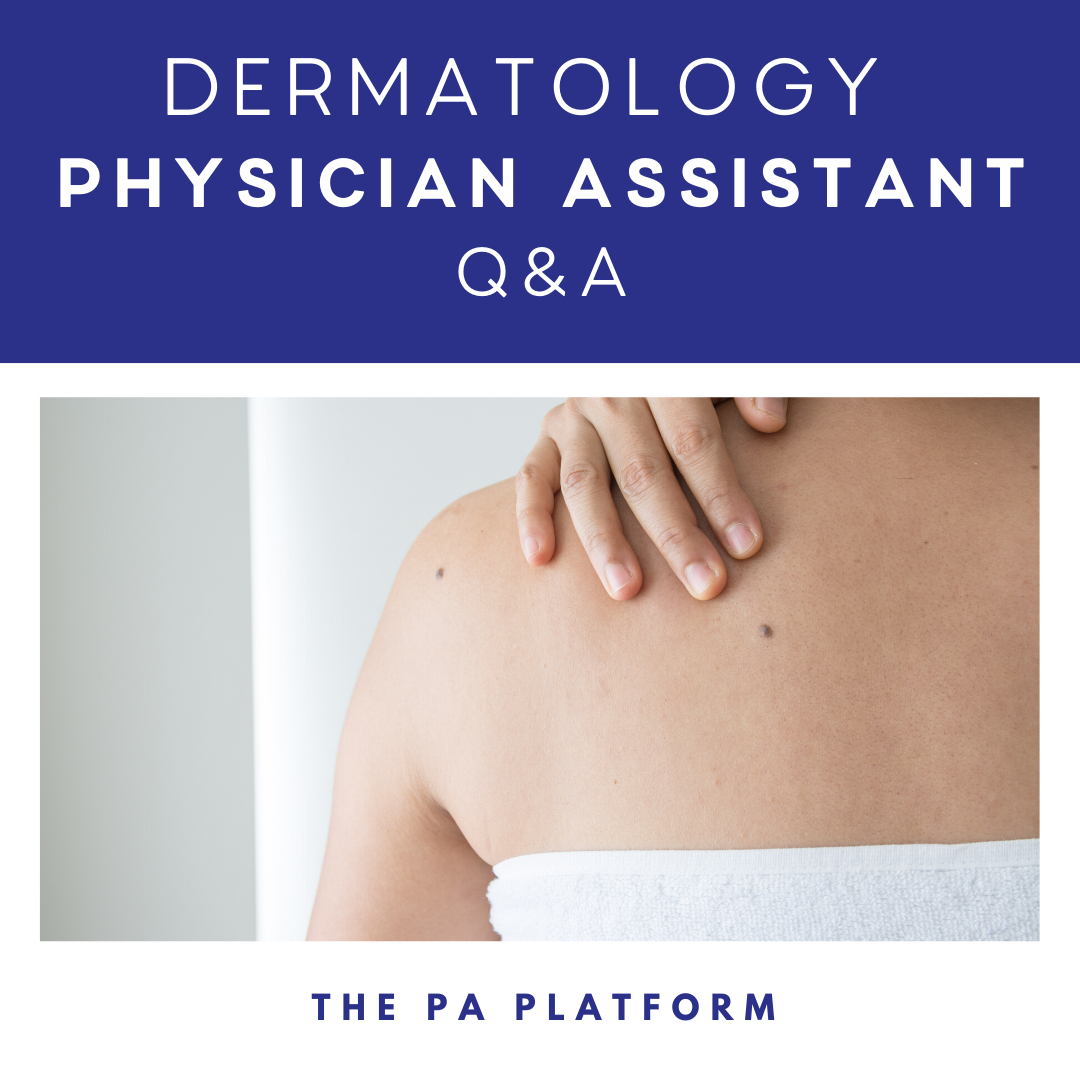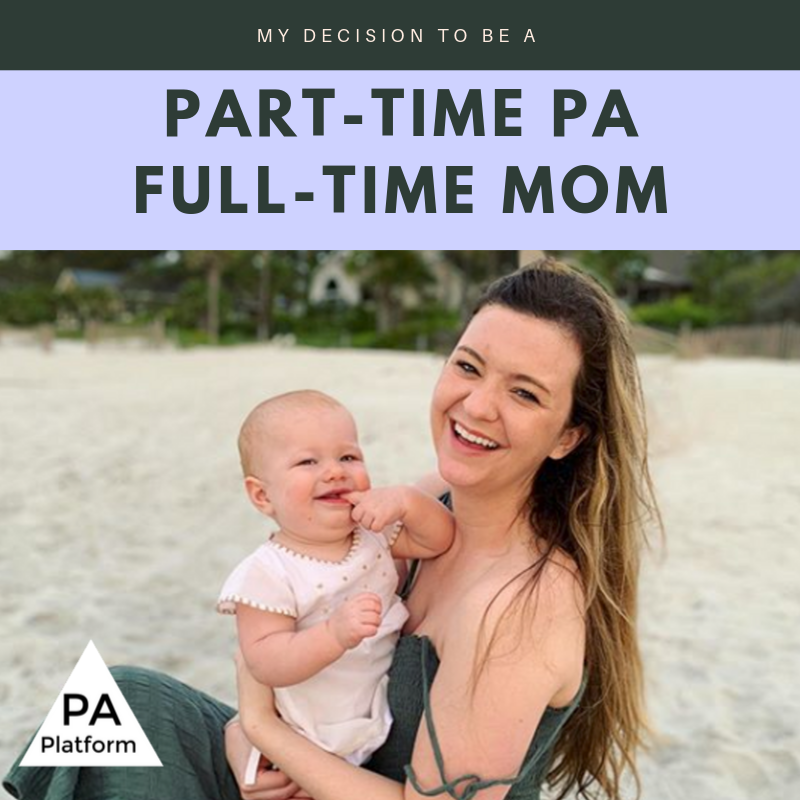Ngan is one of our rockstar coaches, and I’m excited to share some of the insights she provided on her job and role with AAPA. She has an interesting educational background and some insights into how legislation works in advocating for the PA profession.
Tell us a little bit about yourself.
My name is Ngan, and I am a fairly new PA working in ENT. I was part of the inaugural PA class from Florida International University in Miami, and graduated December 2017. Prior to PA school, I received my Masters in Public Health, and worked with a local health department as an epidemiologist investigating infectious diseases. I have also worked as a medical assistant at an HIV clinic.
Do you feel like having a background in public health helped you with getting into PA school or has helped you as a PA?
I would say that my Masters in Public Health did not necessarily get me any more interviews, but it definitely was a conversation starter while I was in the interviews. As a PA, I really do believe that it has changed my thought process to looking more to socio-economic status or factors that affect patient care. So because of that, I do believe that it does make me a better healthcare provider.
I definitely recommend that if you can, or anyone really, should take a few courses in public health. But as far as obtaining a second masters degree, I would say do it only if you are truly interested in working with the underserved population or contributing to greater health in public health.
You went to Florida International University and you were in the inaugural class – did you apply when it was provisional? Did you have any reservations about going to a provisional program? Or did you see any benefits of being in a provisional program?
Correct! I did apply when it was provisional and I am the first graduating class.
I think I was a little reserved applying without knowing much about it, but having been through the whole process, actually sitting in and being interviewed by the ARC-PA (accrediting committee for PA schools), I was confident. It takes a lot for a PA school to become accredited. And to new PA students out there, I definitely encourage you to look into it. One of the great things, I would say, about being in a brand new program, you have the opportunity to provide feedback and kind of mold the program and really make an impact for future PA students. If that is something you are interested in, to make an impact and leave a legacy, then I do encourage students to also look at provisionally accredited programs.
When it came time to apply to PA school, what did that process look like for you and how did you come to the decision of wanting to be a PA?
I will be honest, I did not do my research well. My journey to PA school was challenging, and I would even say that one of the hardest things to me was the whole application. At that time, I didn’t really know anyone going through this process so I had to do this process on my own. What really got me interested was working as an epidemiologist, and I was just frustrated. At that time, I was working on this specific project interviewing young adults that recently tested positive for hepatitis C. During these interviews, I would call the patients and notify them of their test results – here they are crying thinking this is like a life sentence, it was awful, and I was frustrated that these providers were the first ones to get into contact with these patients to notify them. I felt like I wanted to be the voice for these patients, do more and be there for them. And so that’s what trickled into wanting to be a PA.
When it came time to apply, how many schools did you apply to and what did that look like?
I applied in total to 10 schools, and like I said, I didn’t do my research - this is not something that I recommend to other students, so learn from my mistakes – I just pretty much applied to schools based on locations I thought I would want to live in. Majority of them, I wanted to stay locally, so I did apply to mostly Florida schools. Really, it was just that I compared my GPA to see what the schools requirements were and if I met them, typically that is where I would apply. Moving forward, I think for students that are out there, it‘s really important to do your research and also look into the program’s missions and values, I feel that it’s just as important. You are spending two or more years in these programs, you’re investing yourself into your career as well. I think with that you have to do your research and make sure the school is a good fit for you and not just go because it’s in easy reach.
Because of my lack of preparation and failing to really do the research, I was only offered the one interview at FIU, and fortunately, that was the only one school that I needed.
What advice do you have for somebody going into an interview?
I would say the most important thing, or the easiest thing really, is just to be yourself. Be genuine, don’t make up answers that you think the the interviewers would want to know. Speak from the heart and that will translate so much better. What I do notice with a lot of these applicants’ interviews, don’t discredit yourself. Every little thing you do, I think, brings a lot to the table and your weaknesses or strengths, play that up. Like for me, I will be honest, I didn’t have a strong GPA and that is probably what limited me in most my interviews. Yes, like I said, I have my Masters, but the schools really didn’t care. They looked at my undergrad GPA and they were like, yeah we don’t know. For me, I played up my public health strength a lot and I think that’s what ultimately what got me through the interview. So if there is any particular thing that you have that you think is unique, play that to your advantage and I think that will take you far. Speak from the heart and smile!
What was most difficult during PA school?
Early on, I struggled a lot with mental, like personal blocks. What I mean is early on, you are comparing yourself to others. I think that is something easier said than done, but you really just have to work on it. The only competition is yourself, to be a better version of yourself from the person you were yesterday. That was challenging. Of course, I think the volume overload with information that is provided - you hear often that PA school is like drinking water from a water hydrant. It is just challenging. Just trust yourself and trust the process. Whatever it is at the end of the day, everyone is in the same boat. Be your own cheerleader and motivate yourself to continue to study and not be so hard on yourself.
How did you end up in ENT (ear, nose and throat/otolaryngology)?
During PA school, when we had our ENT block, we had a great professor, Jose Mercado, and he was just really amazing. He was someone that was so passionate about ENT. I think I just fed off of that. He introduced us to the ENT conferences that I attended as a student. So that is ultimately how I got my interview and landed my job where I am at now. I just recalled going, as a student, and one of the doctors jokingly told me if you’re someone who likes to play with toys, ENT field is the way to go. That was another reason that caused me to pursue ENT.
Did you have trouble finding a job, or was that pretty easy?
I applied for jobs about 3 months prior to the end of PA school. I would say it was challenging at the time because a lot of the places wanted to see that you were certified. I think it all depends on when you apply, but still would encourage the students out there that are near the end of school to consider looking early. I ended up with two interviews prior to graduation and both of these opportunities came from networking, whether through a conference or just being involved with the state academy.
How has that adjustment been as a new grad? Did you feel prepared coming out of school? At this point, do you feel like you have a handle on things?
Not at all! I feel like there are good days and bad days. It is rough. The feeling walking across the stage knowing that you are now a PA graduate is amazing, but unfortunately, that does not translate well to you getting a job. It is going to be very similar to starting a new clinical rotation. You’re going to feel lost. It has definitely been a challenge. I think I’ve gone through one hurdle, but there is still so much to learn. Kind of what I said earlier about not comparing yourself to others, I have to remind myself frequently, it is not fair for compare my knowledge to my attendings - someone who’s had seven years of residency training on top of medical school, plus years of experience. Again, that’s something that I will have to continue reminding myself and just continue to push myself to learn and grow each day. But I am hanging in there!
What does a typical day at your job look like?
My current position is interesting. We are affiliated with an academic center and I work closely with our residents and our attendings. Also, I would say, my ENT practice is different from others in the fact that we are very subspecialized – we have a specialist that works in otology, who is only dealing with the ears, rhinology, such as dealing with the nose, pediatric clinic and also, plastics/reconstruction provider. I feel like we are so spread out, whereas if you talk to most ENT providers, they are like, “Oh I am only an otologist and I only deal with ear issues.” Each day is different. I work Monday to Friday, 8- 5. Depending on my assignment, I may work with our ear doctor in the morning and then switch to a different clinic in the afternoon. As far as autonomy, I am still in the process of learning how to do the nasal endoscopies. At this time, as part of our training, the goal or what is expected, is for me to see every new or extended return patient, get a full history, perform the physical exam, maybe perform ear debridement if necessary, come up and discuss with my attending, come up with a plan, and then together we’ll go back to the patients room and discuss. The goal once the training phase is over, I’m expected to see patients on my own, then discharge them out, and ultimately have my own set of patients.
How did you first get involved with AAPA, and why was that something you wanted to do?
I was pretty involved as a student leader at FIU. I was diversity chair for my class. That also led me to work with our state academy. Really, just trying to get involved more as a leader. I got my start in lobbying years ago in college when I lobbied with Planned Parenthood for women’s reproductive rights. After getting my Masters in Public Health, I kind of needed a goal to use my PA title as a platform to advocate for patients health. Sure enough, I was browsing around on Facebook one day and I saw that the AAPA was looking for students to apply to become a delegate for the student academy. Typically, if selected, you will serve for a whole year – that begins in August/September and those duties will end at the conference.
If you are a delegate, what does that mean? What do you do?
As part of a delegate, you have the authority on behalf of the AAPA, to enact policies and principles for the PA profession. To kind of give you some background, there are 57 chapters representing 50 states, 26 recognized specialty organizations, such as dermatology and otolaryngology, and 8 organizations that share a common goal or interest in healthcare delivery. For us as the student academy, we have the largest voting body and have 16 seats, or in other words, 16 voting privileges. Every year, we meet at the AAPA conference for about 3 days – for the first 2 days we are discussing the different policies that are presented, ways that these policies may affect healthcare delivery, whether there is Medicare coverage, PA privileges, health promoting, and disease prevention. The final day is when we vote on these issues.
What are some current hot topics for physician assistants?
I would say one of the hottest topics right now, still is changing the professional title of physician assistants. I will agree where most people feel that the name change isn’t necessary and that it is silly that the AAPA is spending so much money investigating this issue. But in a way, do feel like the title or word the assistant does hinder our practice and confuses the general population. What this policy says is that it’s not necessary to vote whether or not we’ll go with the name change, but to kind of further investigate it and see what the general consensus is on whether a title change would be appropriate.
We voted to not necessarily change the name at this time, just to see what everyone thinks about changing the name and offer suggestions. Whether Physician Associate would be appropriate, or whatever it is. They are just investigating this at the moment. But I feel, at the end of the day, you just have to educate, not just your patients, but everyone - even if it is someone you meet on the street or on the elevator – just educate on who and what it is. Whether a name change will truly change that, I don’t know. We just have to do more work to get the general public to know who we are.
Another hot debate in the house this year was the standards requiring in person instruction. The original policy pretty much stated AAPA supports standards to requiring that PA training programs provide at least 80% of didactic instruction as in person or live lectures. I think it was a great topic started and may have been targeting Yale’s online program, as they are the only online program currently. At the end of the day, what it really boils down to is whether or not there will be a flood market available with online programs popping everywhere. Maybe the title or the way the policy was written didn’t clearly state that, but that is really what the underlying issue is. Unfortunately, that policy did get rejected in the house and down the line this is something we will need to talk about. Yes, I do believe that with technology advances that online components can be great for students, but I think we’d have to kind of light fires for the accrediting bodies, the PAEA, those that are in charge of PA education to really make sure there is a policy in place that not every university can create their own online PA program.
As far as any other major recommendations, there are two that will affect students in a way. One of them got passed this year, and this was an initiative started by the student academy, increasing PA diversity. That did get passed and what that policy states is that there needs to be an initiative for increased funding for development and operation for PA programs at historically black colleges and universities, predominantly black institutions, Hispanic serving institutions, and rural serving institutions. The last one here, support for PA federal loan limits. I see now that with the increasing challenges or competitiveness to get into PA school, there will be more students that come in with a Masters beforehand, and sometimes these loan limitations can affect these students. That is something I think will benefit future PA students.








